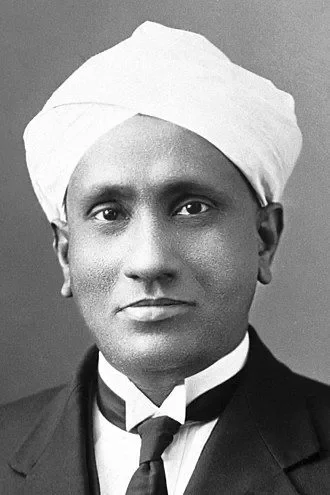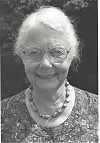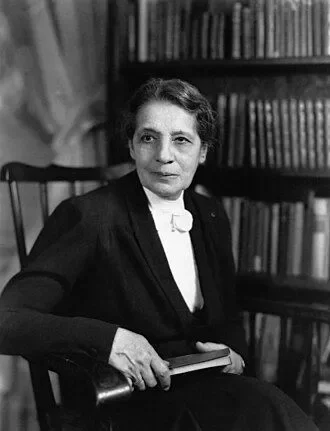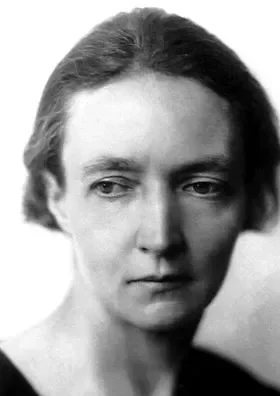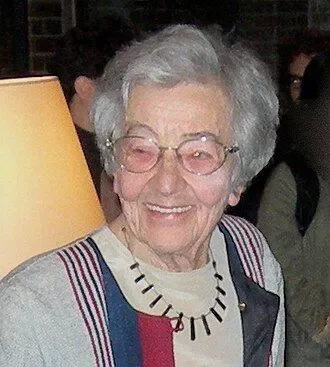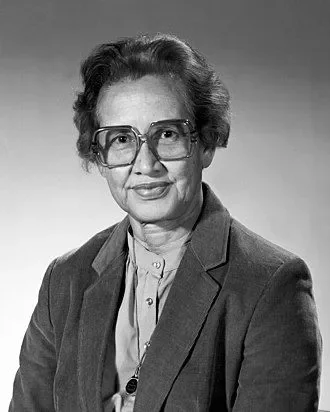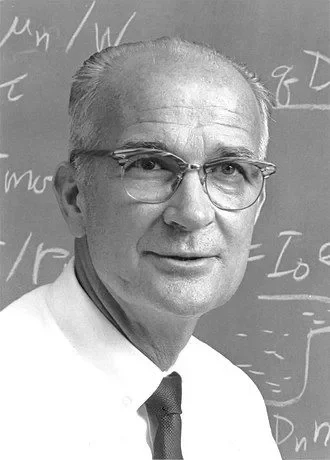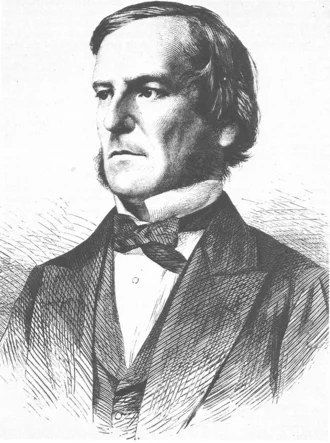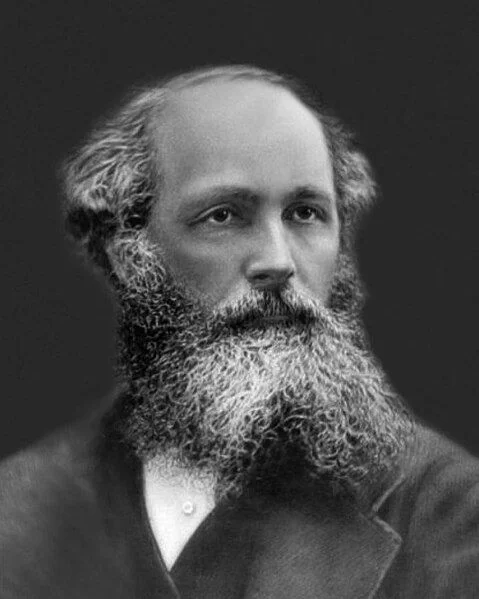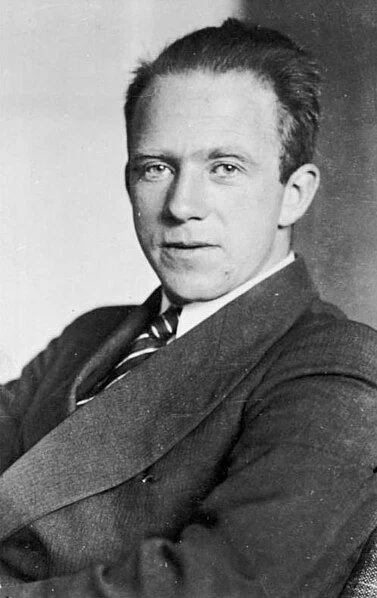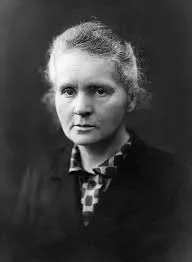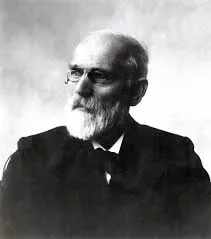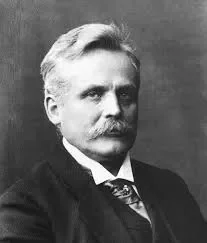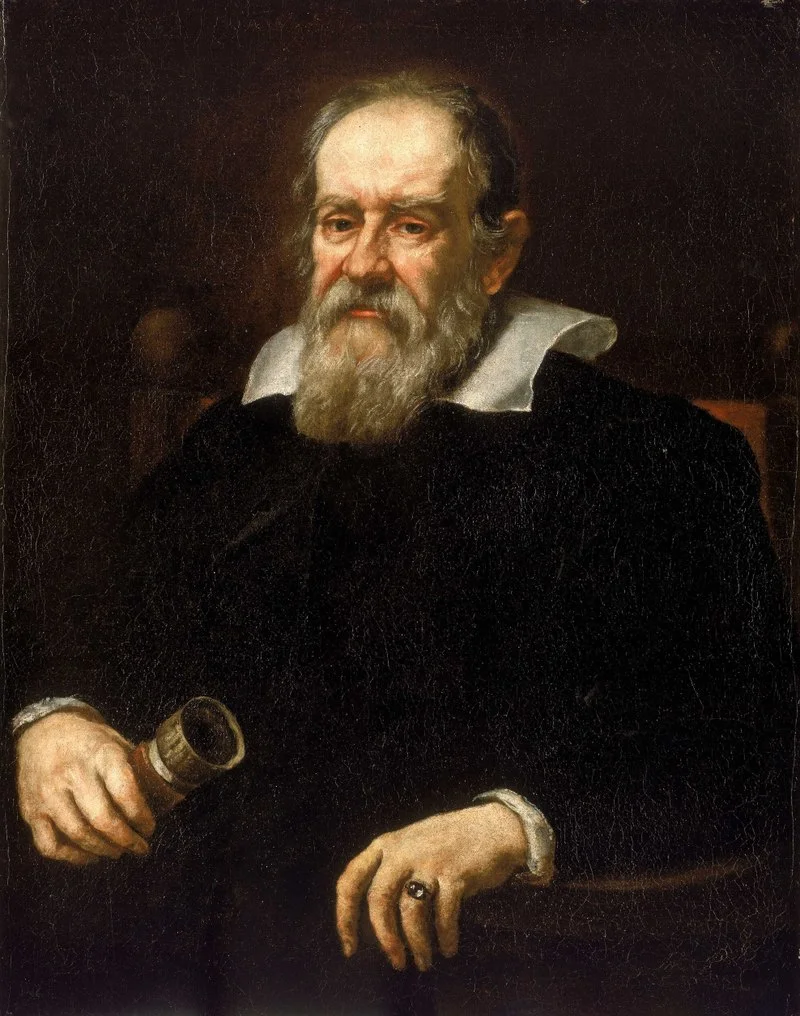Real Celebrities Never Die!
OR
Search For Past Celebrities Whose Birthday You Share
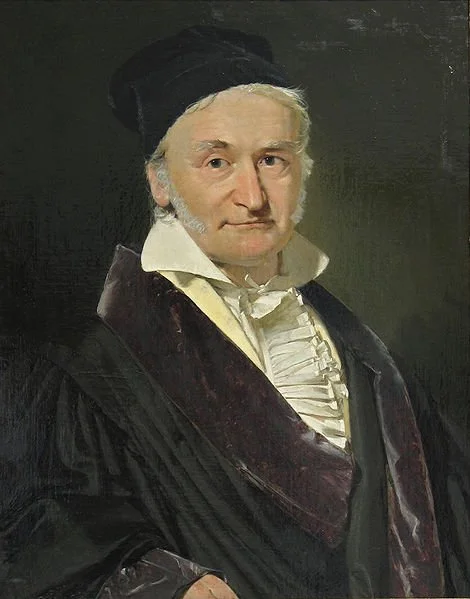
source:wikipedia.org
Carl Friedrich Gauss
Birthday:
30 Apr, 1777
Date of Death:
23 Feb, 1855
Cause of death:
Heart disease
Nationality:
German
Famous As:
Geodesist
Age at the time of death:
77
Carl Friedrich Gauss's Quote's
Early Life and Education
Carl Friedrich Gauss, one of the greatest mathematicians in history, was born on April 30, 1777, in Brunswick, Germany. He was the only son of poor working-class parents. Even at an early age, Gauss displayed exceptional talent in mathematics. Legend has it that when he was just three years old, he corrected an error in his father’s calculations. This incident foreshadowed the extraordinary mathematical abilities Gauss would develop later in life.
Gauss received his primary education from a local grammar school, where his talent quickly became evident. His teachers recognized his extraordinary gift for mathematics and recommended him for further studies. At the age of 14, Gauss attended the Collegium Carolinum in Brunswick, where he studied mathematics, classical languages, and philosophy.
Early Mathematical Achievements
In 1795, at the age of 18, Carl Friedrich Gauss made a groundbreaking discovery while working on his magnum opus, “Disquisitiones Arithmeticae.” He formulated the method of least squares, a technique that allowed for the precise estimation of unknown variables within a set of observations. This revolutionary concept laid the foundation for statistical analysis and made Gauss renowned throughout the mathematical community.
Academic Career and Leadership
Carl Friedrich Gauss completed his studies at the University of Göttingen in 1798 and soon after published his dissertation, “Demonstratio nova theorematis omnem functionem algebraicam rationalem integram unius variabilis in factores reales primes vel binomias resolvi posse.” This work established him as a leading mathematician of his time.
As Gauss’s reputation grew, he began receiving offers for prestigious academic positions. In 1807, he accepted the position of director of the Göttingen Observatory and professor of astronomy at the University of Göttingen. During his time there, Gauss made significant contributions to various fields of mathematics, physics, and astronomy.
Contributions to Geometry and Non-Euclidean Geometry
One of Gauss’s most celebrated achievements is his work in geometry. In the early 19th century, he formulated the concept of non-Euclidean geometry, challenging the long-held belief that Euclid’s axioms were the only valid system of geometry. Gauss’s insights paved the way for the development of new branches of mathematics.
Advancements in Applied Mathematics and Physics
In addition to his contributions to pure mathematics, Gauss also made significant advancements in applied mathematics and physics. He developed the theory of potential and conducted extensive research in magnetism and electricity. Gauss’s work on these topics laid the groundwork for future advancements in these fields.
Personal Life
Despite his prodigious intellect, Gauss maintained a relatively private personal life. He married Johanna Osthoff in 1805, tragically, she passed away in 1809. He married Minna Waldeck in 1810, she passed away in 1831. Gauss had 6 children from his 2 marriages.
Accolades and Recognition
Gauss’s exceptional work earned him many accolades and honors throughout his lifetime. He was elected as a member of the Göttingen Royal Society of Sciences, the Russian Academy of Sciences, and the Royal Society of London. Such was his reputation that renowned mathematician Pierre-Simon Laplace famously remarked, “It is not merely that Gauss was the greatest mathematician of his time, but he was the greatest mathematician of all times.”
Legacy and Influence
Carl Friedrich Gauss passed away on February 23, 1855, in Göttingen, Germany, at the age of 77. His contributions to mathematics and science continue to be celebrated and his influence can still be felt in various fields today. Gauss’s ability to blend profound theoretical insights with practical applications in mathematics made him a true pioneer, forever leaving his mark on the world of science and mathematics.
Carl Friedrich Gauss’s remarkable talent for mathematics, his groundbreaking discoveries, and his immense contributions to various scientific fields solidify his status as one of the greatest mathematicians in history. Gauss’s legacy as a genius and innovator lives on, inspiring generations of mathematicians and scientists who have followed in his footsteps.
Name:
Carl Friedrich Gauss
Popular Name:
Carl Friedrich Gauss
Gender:
Male
Cause of Death:
Heart disease
Spouse:
Place of Birth:
Brunswick, Principality of Brunswick-Wolfenbüttel, Holy Roman Empire
Place of Death:
Göttingen, Kingdom of Hanover, German Confederation
Occupation / Profession:
Personality Type
Logician: Innovative inventors with an unquenchable thirst for knowledge. His logical thinking and inventive nature enabled him to make significant contributions to mathematics.
Gauss formulated the Gauss's theorem, also known as the Gauss divergence theorem, which relates the flow of a vector field through a closed surface to the behavior of the field within the enclosed volume.
Gauss independently derived a solution to predict the orbit of the Ceres asteroid based on limited observations. This achievement demonstrated his remarkable mathematical abilities and helped establish the field of celestial mechanics.
Gauss is often referred to as the "Prince of Mathematicians" for his contributions to number theory. He formulated the law of quadratic reciprocity, which establishes conditions for whether alternative numbers are quadratic residues.
Gauss was involved in the surveying and measurement of the kingdom of Hanover, where he developed surveying techniques and laid the foundation for modern geodesy.
The Danish Royal Society of Sciences and Letters Membership (1824)
The French Legion of Honour (1808)
The Göttingen Academy of Sciences Membership (1808)
The Royal Society Copley Medal (1838)


